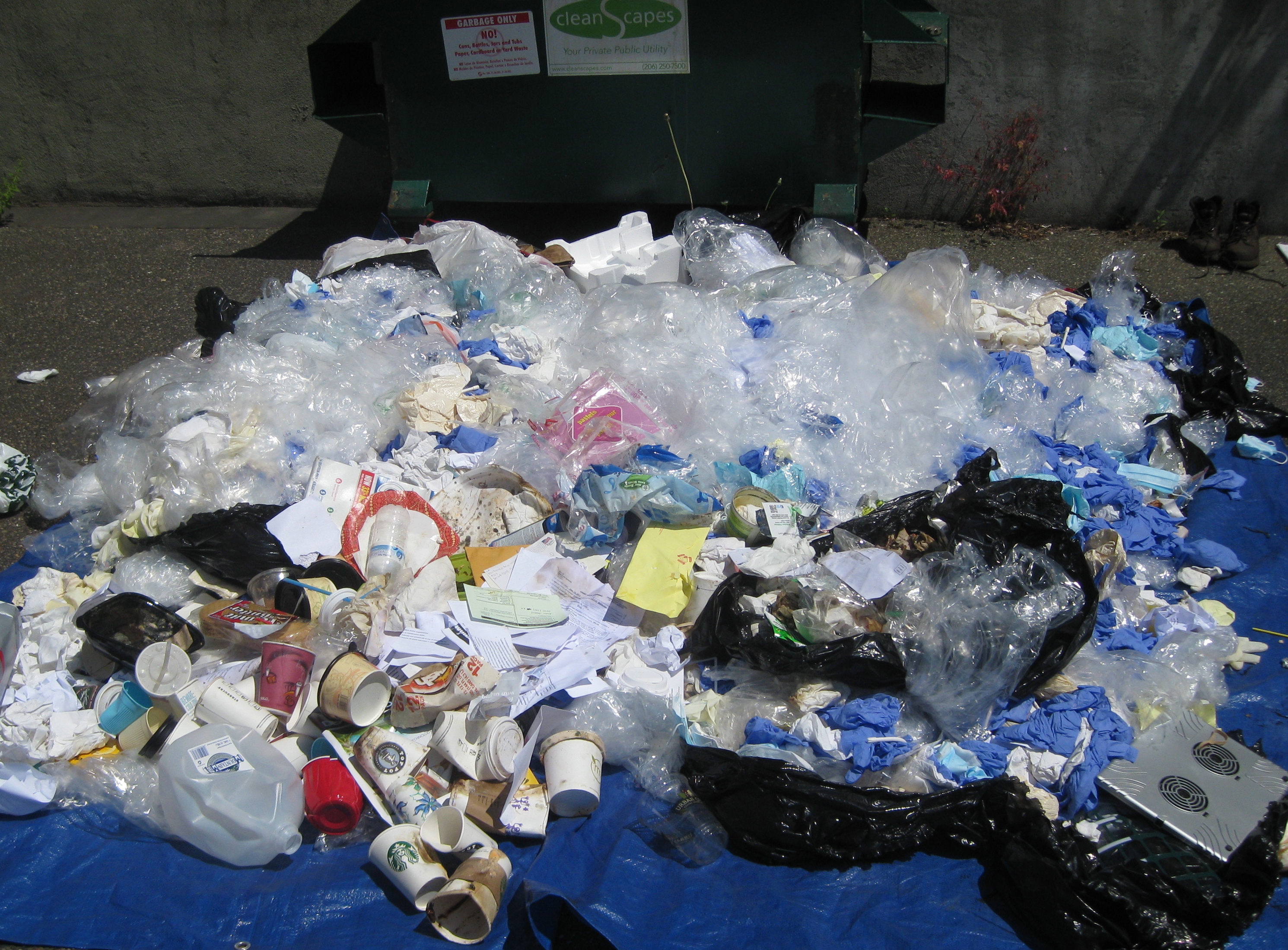Dental Waste – What You Need To Know

As dentists in Maryland and all over the world go about treating their patients, a byproduct of this is the generation of waste materials. While most of the waste is non hazardous and can safely be managed similar to household waste, there are also dental wastes that can pose health risks if they are poured into drains or if they find their way into landfills. Because of these risks, these should be regulated wastes that need to be separately managed. Wastes from dental care that should be regulated are hazardous chemical wastes and the regulated medical wastes. Each of these types has their own requirements for proper storage, disposal, record-keeping, and labeling.
Disposable sharps
The majority of regulated medical wastes from dental clinics are made up of contaminated disposable sharps such as needles. It is critical to properly label and store this type of regulated medical waste. Containers where sharps are stored should have color coded labels, are closable, must have leak-proof bottoms and sides, and situated close to where they are to be used. The OSHA mandates that sharps are to be thrown out right after use. Consequently, this means that the room should have a container for blades, needles, wires, and other sharps where they are to be thrown into right away and not wait until the end of the treatment session. Containers for sharps should be capped close when full and disposed in accordance with local regulations.
Contaminated medical wastes
Generated as a product of providing oral health services, contaminated medical waste refer to materials like gauze that have saliva, blood, or other bodily fluids. Used sharp items like blades and needles that were thrown out are also considered. The United States OSHA or Occupational Safety and Health Administration uses the Blood-borne Pathogens Standard in identifying regulated medical waste. Blood that is in liquid or semi-liquid form as well as OPIMs or other potentially infectious materials are regulated medical waste. Items that are dried blood on them or OPIM that are in danger of being released during handling are also included. Regulation also covers sharps that are contaminated, pathologic wastes, and microbiologic wastes containing OPIM or blood. Other waste materials like patient bibs, gauze, and gloves that do not have blood on them are not covered by regulation. Regardless, these should still be disposed of in such a way that office or cleaning staff won’t inadvertently handle them barehanded.
Regulated hazardous dental wastes
Materials that are toxic, flammable, reactive, corrosive, or carry with them health or environmental risks are considered regulated hazardous waste. These wastes can contaminate the environment when they enter sewer systems after being flushed down the drain of the dental clinic, as well as when they are disposed of in landfills. Dental procedures also have byproducts that when released are hazardous to the environment. Examples of these are byproducts from amalgam restorations that are released into wastewater. Leftover medicine or expired products may also have hazardous chemicals that can potentially be environmental risks when disposed.
Amalgam wastes are routinely generated by dental clinics. As these wastes contain traces of mercury, the ADA recommends appropriate recycling and disposal of this waste. With BWS, products and services are provided for the safe, efficient, and proper disposal of amalgam waste from dental offices. BWS offers free consultation for waste removal management. Contact BWS now if your dental office is in need of this service.
Akshay Sharma
Latest posts by Akshay Sharma (see all)
- Best Single Door Fridge Models Of 2025 Features, Energy Ratings & Price Guide - December 22, 2025
- 5 Critical Things You Must Know for Professional Custom Badge Quality: An Expert’s Guide - November 3, 2025
- Are You Using a Loan Calculator for Second Hand Car Rightly? - October 13, 2025
- Round Steel Tanks: Long-Term Solutions for Water Storage - September 19, 2025
- Embrace the Culture: Syna World Hoodie and Syna World Tracksuit UK - September 13, 2025
- Want Long Lasting Hair? Get Healthy Shining Hair With Cheap Sulfate Free Shampoo
- Tailgating Traditions in The Big Ten
